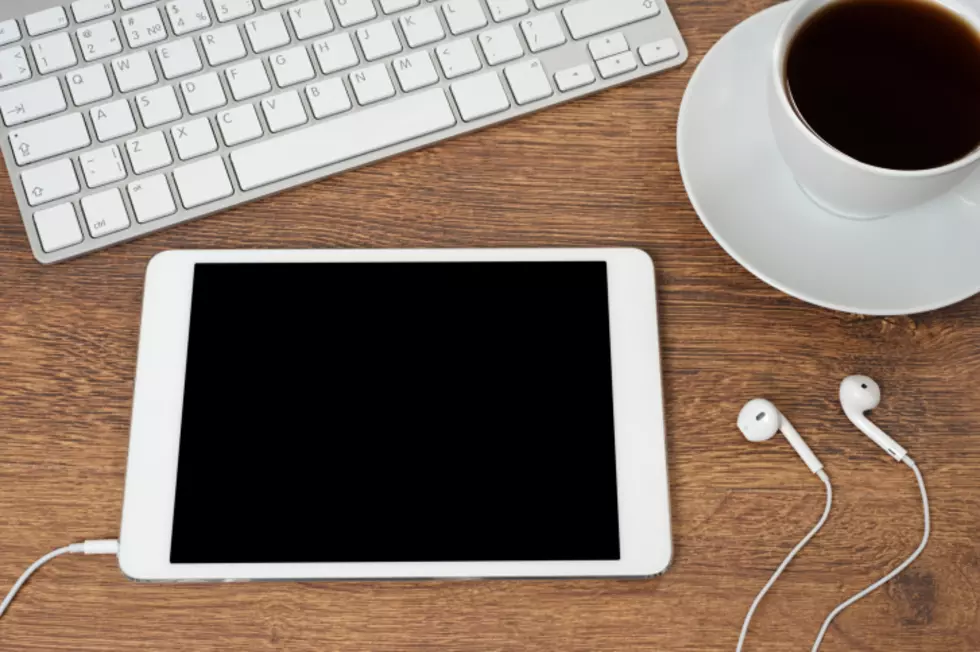
Addicted to screens? Quarantine life could add to the threat
Holed up in your home for this long, the desire to pull your kids away from their electronic devices may be fading. You, yourself, may be reaching for your phone or the remote control more often than you'd like to admit.
Psychology and addiction experts in New Jersey are concerned about the potential impacts of of this quarantine lifestyle on a society already considered disconnected from others.
"What we do see today is the perfect storm of unemployment, isolation, stress, a lot of fear, frustration, boredom," said Petros Levounis, chair of the Department of Psychiatry at Rutgers New Jersey Medical School. "And all these things feed into increased use and potential addiction to technology."
Addiction may seem like a strong word; Levounis admits this level of a problem will affect just a tiny portion of New Jersey's population. But it is a threat, he says, for residents young and old. A sign of "addiction" to technology, he adds, is failure to cut down or stop a habit, despite knowledge of potential adverse consequences.
But screen time is essentially mandatory for many Garden State residents right now. Working from home can mean checking emails and text messages on one's phone several times per hour, while their kids go to "school" on a tablet in the living room.
Since the start of the pandemic, telecommunications company Comcast has seen a 57% increase in daily log-ins to to Xfinity XFi, a digital dashboard to help customers manage their home WiFi network. Among those who use the dashboard to track how much time their kids are online, the median "active time alert" set on weekdays has increased from 3 to 4 hours per day.
Since March 9, the dashboard has seen a 213% increase in WiFi being paused during the lunchtime hours of 11 a.m. and 2 p.m. The ability to pause WiFi is the most popular feature on the program.
"As much as you are on is as much as you should be off," Andrew Green, a licensed clinical social worker with the Mental Health & Addiction Wellness Center in Lakewood, said of technology usage.
Green is concerned about the pandemic's social impacts on younger individuals — once the emergency subsides, will they be itching to get out and "play" or "meet up," or just stick to the Zoom or FaceTime chats they've been forced to communicate with for months?
"I think the biggest impact is going to be on the younger kids," Green said. "I think people need to get out of their house as much as possible."
Parks may be closed, along with essentially every outlet for entertainment, but you're still allowed to take a walk around the block, Green said.
There are alternatives to many activities conducted on a screen, Levounis adds. Instead of sending a text, call someone. Instead of playing a video game, bust out a board game or a deck of cards.
More from New Jersey 101.5:
What New Jersey is drinking to get through quarantine
Contact reporter Dino Flammia at dino.flammia@townsquaremedia.com.
More From New Jersey 101.5 FM









